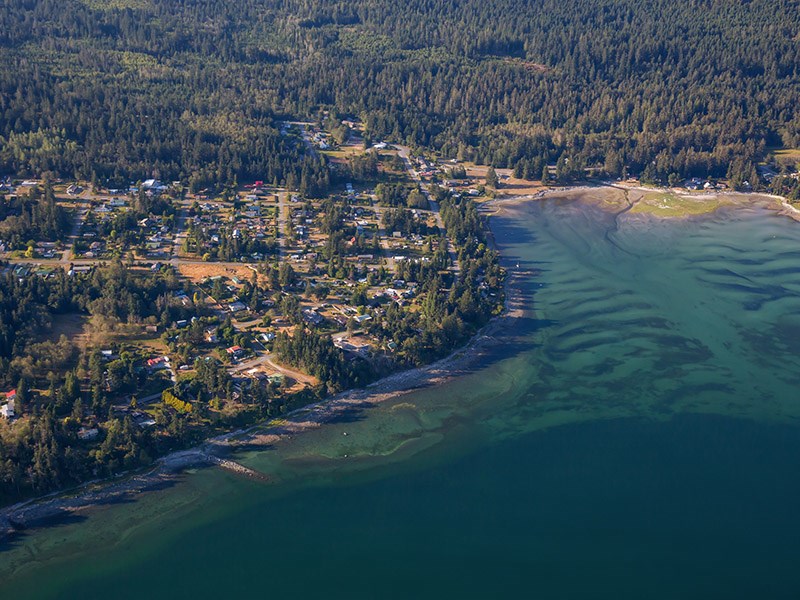Several residents on Texada Island are against new water meters being installed in the Gillies Bay Improvement District (GBID).
Some residents, including Terry Fluney, are questioning the reasons for water metering, and the decision-making process.
According to Fluney, metering and additional taxation is being forced on Gillies Bay property owners.
In a statement, GBID said it has held open houses and sent letters to residents.
According to the GBID, the main project objectives stated in the 2016 Master Water Plan are to improve water treatment, storage and water distribution. Meters can show where priority repairs to an aging infrastructure system are required, such as finding leaks.
“It's an improvement district issue and rightly or wrongly they are responding in the way they feel is best,” said qathet Regional District Electoral Area D director Sandy McCormick.
It is a matter of both quantity and quality going into the future, she added.
Ongoing maintenance and upgrades are continuing with an aggressive target to complete the work in the new year. To date, several leaks have been detected and repaired, and consumption is down, according to the GBID.
But Fluney said water meters are not the answer.
“By putting in water meters, it's not going to improve the infrastructure,” he said. “They're saying that the water meter is just going to pay for it.”
According to a 2012 Long Term Infrastructure Funding report for GBID, asset renewal may be sufficiently funded through metering over the next 25 years without the need to borrow.
In almost all cases, according to the GBID, water meters result in both a reduction in water consumption as well as a drop in the basic cost of domestic water. There is also an argument in favour of water meters as users pay for the amount of water they use.
In its studies, the GBID also found that during months of peak water demand, particularly when compounded by drought, boil water advisories have had to be implemented.
“Their argument is that if they put in water metres they can improve the quality of the water, which is false,” said Fluney. “The water that they're getting, they're pumping out of a slough. It's not a spring. It's not a well.”



